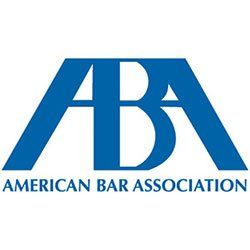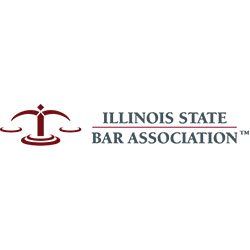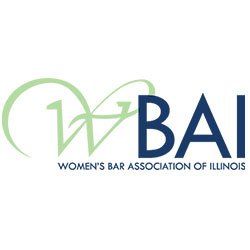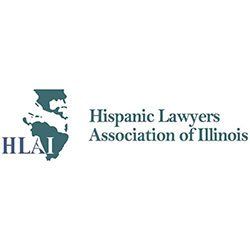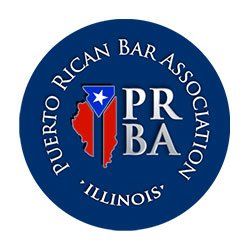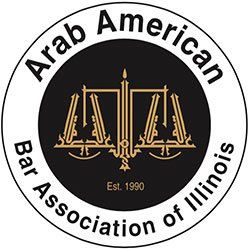CLIENT LOGIN
×Plaintiff wins big in Fair Housing Derby
The New Haven Reporter reported at the end of last month, that a federal judge ruled in favor of Valley Housing LP, Home Development and nonprofit housing developer HOME Inc. Friday in their 2006 lawsuit against the City of Derby, Connecticut, finding that city officials tried to thwart development of a “supportive housing” project for low-income residents with special needs.
The Plaintiffs “provide social services, in addition to affordable housing to allow people with mental and other disabilities to live successfully in the community.” Valley Housing is a limited partnership “created to develop and manage supportive housing for low income disabled people in the Naugatuck Valley of Connecticut.” The partnership combines the efforts of HOME (Housing Operations Management Enterprise), a nonprofit developer, whose mission is to “develop and manage safe, decent and affordable housing for low income people,” and Home Development, Inc., a nonprofit organization created for the “purpose of developing and maintaining supportive housing for low-income people.”
The properties in question involved three buildings zoned as multi-family properties. The Plaintiffs purchased these properties for the purpose of “providing supportive housing for the clients of the Birmingham Group Health Services, Inc. These properties were intended for “persons with mental disabilities, [persons with] a history of substance abuse, and/or HIV/AIDS, capable of independent living and productive community membership with Birmingham Group-provided support services.”
The plan was to relocate the current residents of the buildings, and renovate them to a “high standard.” The number of apartments would remain the same, but each unit would have a reduced number of bedrooms. This was required under CHFA (Connecticut Housing Finance Authority) standards, as “a predicate to the Agency’s commitment to finance the purchase of properties as affordable rental housing for persons with low incomes.”
The Plaintiffs took over two years in locating these properties. Specifically, they sought properties that would not require a zoning change or variance in order to quell neighborhood fears and suppress the cries of NIMBY among the opposition. HOME Inc., was to provide the development and management of the properties, and Valley Housing was contracted by Birmingham Group to be the social services provider for the intended tenants.
The Mayor of Derby at the time, Marc Garofalo, conducted an investigation of the development, once a resident of the area called in to his office to voice their opinion, even going so far as to make a personal appearance at the CHFA to review the Plaintiffs’ application for CHFA funding. His motives weren’t clear at the time, but they came out at trial: he opposed the mutual housing project, and planned on forestalling the development process by blocking its tax credit funding.
Garofalo’s position was that the Plaintiffs could not develop their properties as supportive housing without a process that allowed input from the City and the neighborhood and as a part of a comprehensive scheme for rehabilitating the neighborhood. This process would take upwards of 18 months, and approval was not guaranteed. He knew a similar project in another neighborhood of Derby had not received full financing before.
Garofalo even admitted in trial, that he thought “Derby should have a say in where that kind of housing gets placed.” Garofalo’s plan was orchestrated with the Chairman of the Zoning Board of Appeals, Samuel Rizzitelli. Also involved was David Kopjanski, Derby’s Zoning Enforcement Official and Building Official. These insiders’ insidious intentions were foiled at trial, however, when the court found their testimonies “riddled with inconsistencies, self-serving, and not credible.” Kopjanski denied the Plaintiff’s application for a CZC (Certificate of Zoning Compliance), and asked for the Plaintiffs to apply for a variance with the Zoning Board of Appeals. But, at trial, he admitted that the same Plaintiff’s application, in some instances, actually authorized, in and of itself, a variance. Garofalo also had other motives for his attempt to derail the supportive housing. The neighborhood in which the properties were to be developed expressed vehement opposition, citing “fears and concerns about the prospective occupants.”
The court, however, found that the City of Derby intentionally discriminated against the Plaintiffs under the Fair Housing Act, awarding the Plaintiffs (Valley Housing and Home Development, Inc.) $676,279.65 in compensatory damages. The damage calculation factored in increased construction costs, increased construction contingency, an additional land survey, loan interest, legal services, appraisals, and other administrative costs. HOME, Inc. also received an award for damages: $73,768.78. The amount included staff time, credit for management fees, and borrowing costs.
The post Plaintiff wins big in Fair Housing Derby appeared first on Weiss Ortiz P.C..
MAIN OFFICE
SECOND OFFICE
THIRD OFFICE
By Appointment Only
500 Lake Cook Road, Suite 350
Deerfield, IL 60015
FOURTH OFFICE
By Appointment Only
18W140 Butterfield Road, 15th Floor Oakbrook Terrace, IL 60181
FIFTH OFFICE
By Appointment Only
3390 Mary Street
© 2021 Weiss Ortiz P.C.. All Rights Reserved. Terms & Conditions

